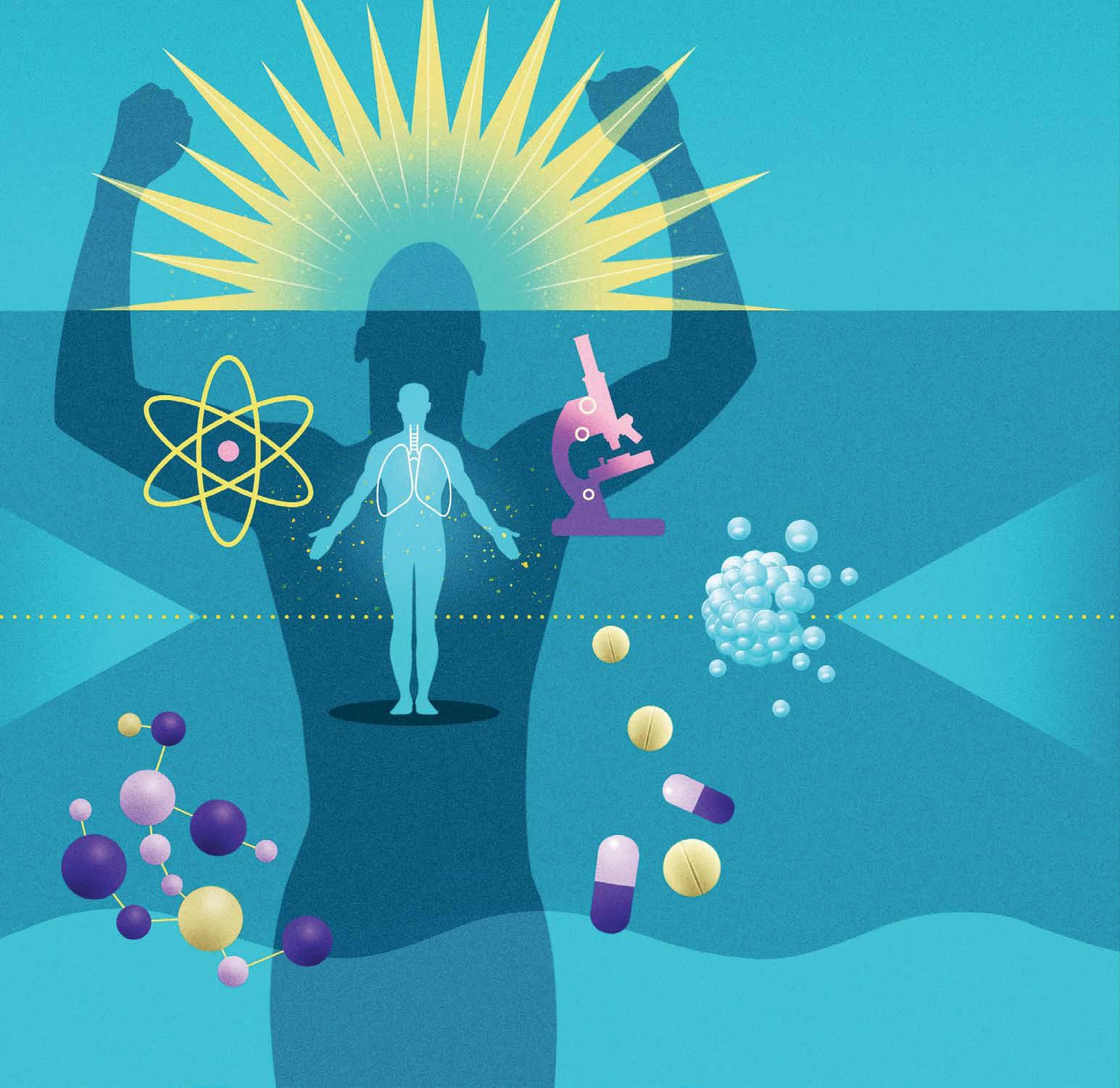
A CANCER DIAGNOSIS NO longer means what it used to. Just a few decades ago, the survival rate beyond five years was less than 50 per cent. Now, nearly 70 per cent of those who get cancer survive that long, and that proportion is set to rise. Why? Because, more than ever, chemotherapy and radiation, once the only heavy hitters of cancer treatment, are being paired with or replaced by a slate of new drugs and treatments.
For example, the first medication for what was previously considered an 'undruggable' lung cancer mutation was recently approved in the United States, Canada, Europe, and the UK. And a brand-new precision chemotherapy drug delivered directly to breast cancer tumour cells is giving hope to patients with the aggressive HER2-positive form of the disease.
An even bigger newsmaker has been the promise of a treatment called immunotherapy, as researchers around the world have discovered ways to harness the body's own immune system to battle cancer cells.
Also driving hope is a focus on prevention. Decades of research and public education have led to greater awareness of how lifestyle changes can reduce our risk of developing cancer. According to an article from the journal Pharmaceutical Research and published by the National Institutes of Health, 90 per cent to 95 per cent of cancers can be attributed to environment and lifestyle, rather than to genetic factors.
Here are some of the strides scientists are making against cancer.
PREVENTION
HPV VACCINE
Cervical cancer was once one of the most common women's cancers and the leading cause of cancer deaths among women. In recent decades, Pap test screening led to a decline. But a preventive tool in use for more than a decade-a vaccine against the human papilloma virus (HPV), which is responsible for more than 95 per cent of cervical cancer cases-has been a game-changer. Here's how:
This story is from the February 2023 edition of Reader's Digest India.
Start your 7-day Magzter GOLD free trial to access thousands of curated premium stories, and 9,000+ magazines and newspapers.
Already a subscriber ? Sign In
This story is from the February 2023 edition of Reader's Digest India.
Start your 7-day Magzter GOLD free trial to access thousands of curated premium stories, and 9,000+ magazines and newspapers.
Already a subscriber? Sign In

ME & MY SHELF
Siddharth Kapila is a lawyer turned writer whose writing has focussed on issues surrounding Hinduism. His debut book, Tripping Down the Ganga: A Son's Exploration of Faith (Speaking Tiger) traces his seven-year-long journey along India's holiest river and his explorations into the nature of faith among believers and skeptics alike.

EMBEDDED FROM NPR
For all its flaws and shortcomings, some of which have come under the spotlight in recent years, NPR makes some of the best hardcore journalistic podcasts ever.
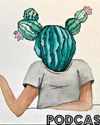
ANURAG MINUS VERMA PODCAST
Interview podcasts live and die not just on the strengths of the interviewer but also the range of participating guests.
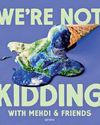
WE'RE NOT KIDDING WITH MEHDI & FRIENDS
Since his exit from MSNBC, star anchor and journalist Mehdi Hasan has gone on to found Zeteo, an all-new media startup focussing on both news and analysis.
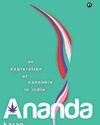
Ananda: An Exploration of Cannabis in India by Karan Madhok (Aleph)
Karan Madhok's Ananda is a lively, three-dimensional exploration of India's past and present relationship with cannabis.
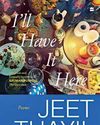
I'll Have it Here: Poems by Jeet Thayil, (Fourth Estate)
For over three decades now, Jeet Thayil has been one of India's pre-eminent Englishlanguage poets.

Orbital by Samantha Harvey (Penguin Random House India)
Samantha Harvey became the latest winner of the Booker Prize last month for Orbital, a short, sharp shock of a novel about a group of astronauts aboard the International Space Station for a long-term mission.

She Defied All the Odds
When doctors told the McCoombes that spina bifida would severely limit their daughter's life, they refused to listen. So did the little girl

DO YOU DARE?
Two Danish businesswomen want us to start eating insects. It's good for the environment, but can consumers get over the yuck factor?

Searching for Santa Claus
Santa lives at the North Pole, right? Don't say that to the people of Rovaniemi in northern Finland